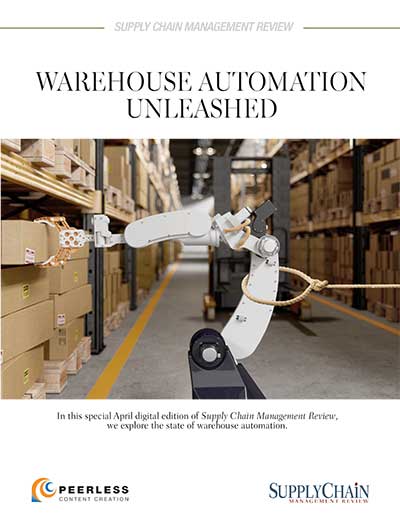Among the many concerns shared by supply chain managers, corruption remains high when it comes to doing global business.
According to a new report issued by the consultancy, Controlled Risk, a high percentage of multinationals have lost contracts due to corrupt practices of competitors.
These details and others were culled from a recent survey of 824 companies world worldwide.
“Governments and companies across the world are increasingly aware of the importance of countering corruption, with China and Brazil in particular stepping up enforcement in the past year,” says Control Risks CEO Richard Fenning.
Nevertheless, he adds, too many good businesses are losing out on opportunities to corrupt competitors, or choosing not to take a risk on an investment or entering a new market in the first place for fear of encountering corrupt practices.
“Companies need to find a balance and do more due diligence early on in any negotiation or market entry planning, to spot the points of light in countries that may otherwise appear as no-go areas,” observes Fenning.
Other conclusions drawn from the survey include:
• Corruption risks continue to deter investors: 30 percent say they have decided not to conduct business in specific countries because of the perceived risk of corruption.
• Corruption is killing deals: 41 percent of respondents reported that the risk of corruption was the primary reason they pulled out of a deal on which they had already spent time and money.
• The picture is improving: Companies from countries with tight enforcement report fewer losses than before from corrupt competitors. In 2006, 44 percent of U.S. companies said they had lost out to corrupt competitors, compared with only 24 percent in 2015. These figures are echoed for Germany and the UK. When asked whether international anti-corruption laws “improve the business environment for everyone,” 81 percent of respondents agreed.
• There is still more to do: The survey shows that there are still wide variations in the maturity of company programs. In the worst case, conventional compliance approaches can actually increase risk because they lead to a misguided sense of complacency.
The survey findings suggest companies are not setting the right incentives to deter corruption. Establishing parity between financial targets and anti-corruption targets is vital to ensuring compliance is embedded into a company's culture. Yet on the survey’s list of eight deterrents to corruption, company performance criteria that emphasize integrity (along with financial targets) ranked as the sixth most used.
Not surprisingly, the “fear factor” was the main takeaway here.
Respondents cited the fear of negative consequences as the incentive most commonly used to deter corrupt behavior.
Video: Richard Fenning, CEO of Control Risks discusses these issues on SC24/7
SC
MR

Latest Supply Chain News
- Tech investments bring revenue increases, survey finds
- Survey reveals strategies for addressing supply chain, logistics labor shortages
- Israel, Ukraine aid package to increase pressure on aerospace and defense supply chains
- How CPG brands can deliver on supplier diversity promises
- How S&OP provides the answer to in-demand products
- More News
Latest Resources

 Explore
Explore
Topics
Latest Supply Chain News
- Tech investments bring revenue increases, survey finds
- Survey reveals strategies for addressing supply chain, logistics labor shortages
- Israel, Ukraine aid package to increase pressure on aerospace and defense supply chains
- How CPG brands can deliver on supplier diversity promises
- How S&OP provides the answer to in-demand products
- AI, virtual reality is bringing experiential learning into the modern age
- More latest news
Latest Resources

Subscribe

Supply Chain Management Review delivers the best industry content.

Editors’ Picks





